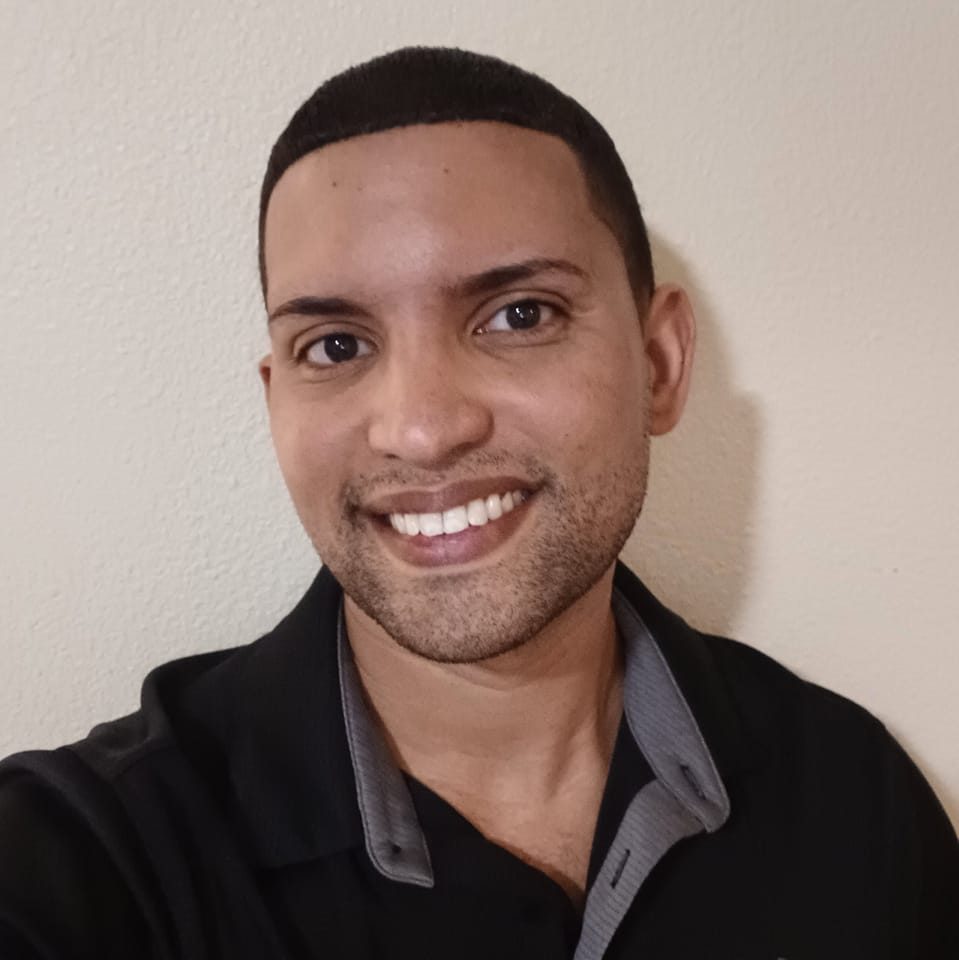
Trust doesn’t grow overnight. It takes time, roots, and the right soil to grow deep enough to weather every storm.
When I launched Elevatus, my focus was on structure—systems, frameworks, clear lanes of service. That approach made sense; I’ve spent over twenty years in the military, where order and process holds everything together. But a few months into running this company, I hit a crossroad.
It brought me back to my original vision for Elevatus: to create trust with the people I want to serve.
And who exactly am I looking to serve? I’ve realized it’s not just the individual client sitting across from me. My clients also exist within a larger collective—families, professionals, and systems that are all trying, in their own ways, to do better.
My mission has always been to inspire change, not just within a person but within the systems that shape them. That’s why I think in frameworks and structures—because real change becomes sustainable only when the systems themselves start serving people better.
That thinking recently led me to the Association of Family and Conciliation Courts (AFCC), where professionals across fields—judges, mediators, attorneys, educators, and researchers—collaborate to improve outcomes for families who are navigating the family law system. Joining the Colorado Chapter wasn’t just about affiliation. It was about alignment—with purpose, with people, and with possibility.
Why Trust Matters
Trust is the quiet architecture that holds relationships, communities, and systems together. It’s not a marketing metric; it’s the invisible infrastructure that determines whether progress endures or collapses.
When you work in spaces where emotions run high—divorce, parenting, rebuilding life after loss—people don’t just want help. They want stability. They want to know that the person guiding them is steady, informed, and grounded in integrity.
But trust like that can’t be rushed. It’s not a speech or a slogan. It’s the slow accumulation of actions that consistently match your values. It’s built through relationships, credibility, and the environments you choose to grow in.
That’s where affiliation becomes more than formality. The AFCC represents the kind of soil I want Elevatus to grow in: one grounded in ethical collaboration, evidence-based practice, and continuous learning. It connects me to mentors and peers who hold me accountable to that higher standard.
The Soil of Growth
When you plant yourself in the right soil, growth happens differently. It’s quieter, more deliberate. Roots develop before branches spread. You can’t always see progress from the surface, but depth is forming beneath it.
That’s what trust feels like—it’s invisible until it’s tested. When storms come—criticism, change, or uncertainty—it’s the depth of those roots that keeps everything standing.
Reflection
This season of Elevatus has reminded me that trust isn’t a marketing goal—it’s a mission strategy. It’s the foundation on which everything else rests: coaching, products, partnerships, reputation.
And for trust to keep growing, I have to stay planted in communities that model what I value. The AFCC became one of those communities. It keeps me connected to the larger ecosystem, so the systems I help others navigate can, over time, become a little clearer, fairer, and more human.
Closing
If you’re building or rebuilding something right now, think less about speed and more about soil. The right soil doesn’t make you grow faster—it makes you grow stronger.
And when you’re anchored in trust, you don’t just grow—you help everything around you grow better, too.
🔄Did you find this article helpful? Share it!

About the Author - Danny DeJesus
Danny De Jesus is a transformational resilience thought leader, strategic thinker, and the founder of Elevatus Coaching—a practice built to help people rebuild their lives after major change. Drawing from his own experiences with divorce, co-parenting, and career shifts, he created the C2R2E Framework to guide people from collapse to elevation with clarity and confidence. Through the Elevatus Blog, he shares insights for anyone navigating disruption, rebuilding direction, or shaping a new chapter with purpose.
